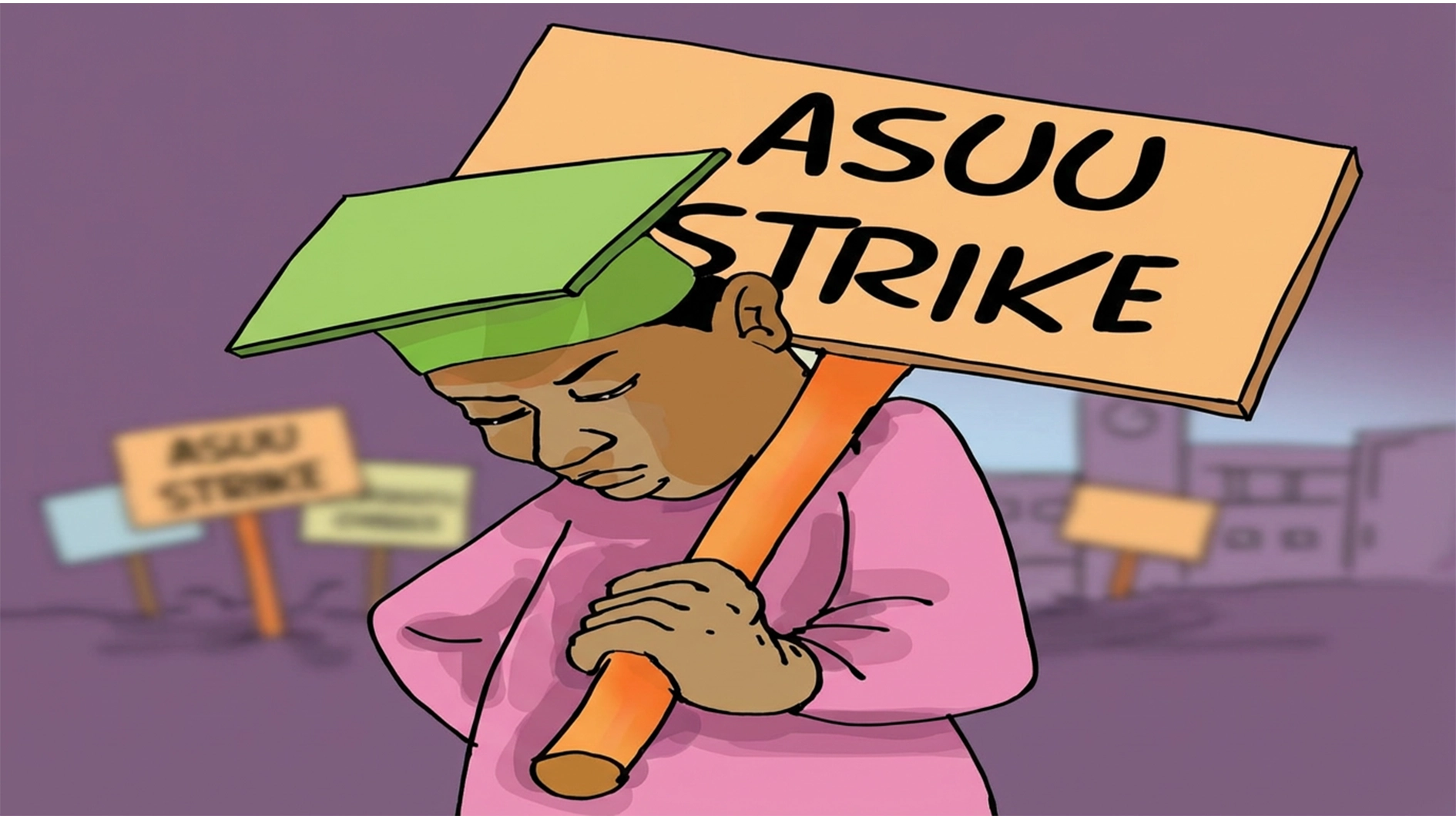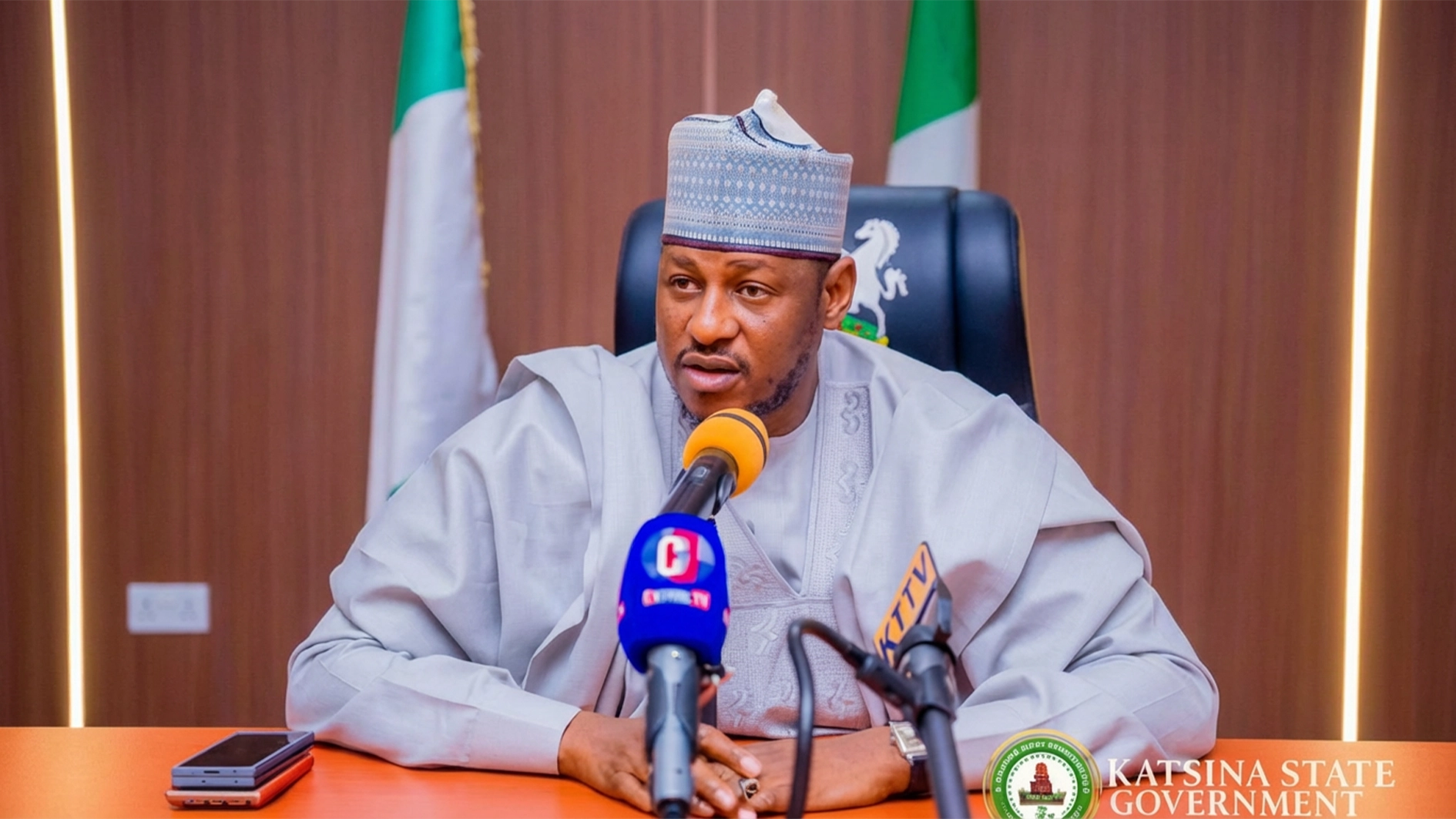Minister of Education, Dr Tunji Alausa, has unveiled a raft of reforms to overhaul the country’s education system, expand access, and raise standards across all levels of learning.
In a note on the ministry’s recent achievements, Alausa said the changes were part of President Bola Tinubu’s Renewed Hope Agenda, which aims to align Nigeria’s education sector with global benchmarks and prepare young citizens for a technology-driven economy.
He, however, described the student loan scheme, managed by the Nigerian Education Loan Fund (NELFUND) and offers interest-free loans to students in public universities, polytechnics, and colleges of education, as one of the most significant achievements of the government.
According to him, the policy ensures that no qualified Nigerian student is denied higher education due to financial constraints.
Alausa also noted that History had been restored as a compulsory subject in the basic education curriculum, saying that the decision was taken to promote national identity, unity, and civic responsibility.
On infrastructure, the minister explained that the Universal Basic Education Commission (UBEC) is rehabilitating schools nationwide through the School-Based Management Committee Improvement Programme, which include building classrooms, drilling boreholes, providing toilets and desks, and fencing schools, particularly in rural areas.
He added that the government had raised yearly admission capacity in tertiary institutions from 750,000 to one million students and is harmonising tuition policies through NELFUND to ensure fair access.
The minister, who mentioned the launch of the Nigeria Education Sector Renewal Initiative (NESRI) Roadmap as a key step in transforming the sector, said that the six-pillar plan focuses on technical and vocational training, school infrastructure, girls’ education, reintegration of out-of-school children, curriculum reform, and digital learning.
He said ongoing initiatives include a nationwide teacher development plan, a curriculum review that reduces subject overload and prioritises entrepreneurship and digital literacy, and a digital data system to track schools, teachers, and students.
Alausa also mentioned the expansion of the World Bank-supported Adolescent Girls Initiative for Learning and Empowerment (AGILE) project, which provides conditional cash transfers, upgrades school facilities, and equips girls with life and digital skills to overcome social and financial barriers.
Other policies, he said, include a proposed 12-year uninterrupted basic education structure, plans to phase out the Junior WAEC examination to curb dropout rates, and the upgrade of technical colleges nationwide, among others.
He, however, said that the government had launched the National Education Data System, introduced a new basic education curriculum, intensified teacher training and sensitisation, and expanded the national school feeding programme.






